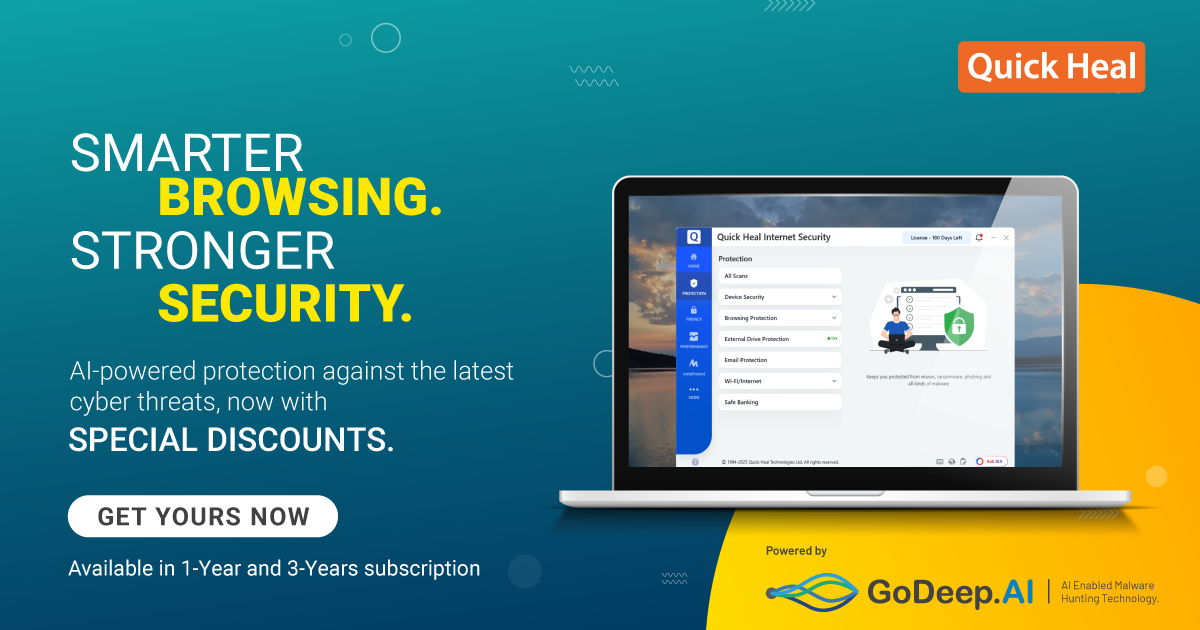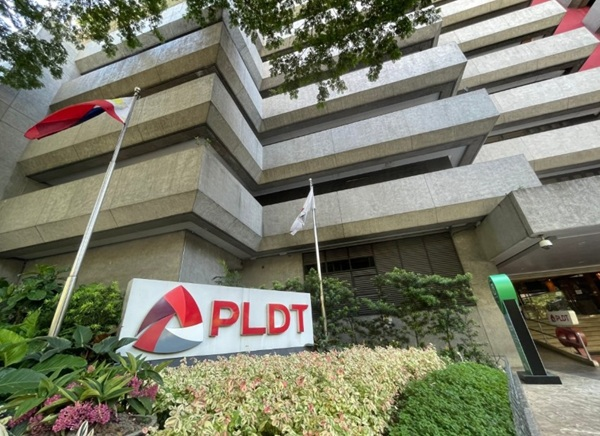Twenty teams from three senior high schools and 17 colleges and universities in the Philippines showcased their tech-powered solutions at the ‘Demo Day’ of the PLDT and Smart Innovation Generation Season 4. After a year of development, the Giga finalists impressed judges with their most viable products.
Launched last year in collaboration with the National Council on Disability Affairs (NCDA), 96 teams from 79 universities and colleges, as well as 17 senior high schools, qualified for the PLDT Group’s innovation grant program. With the theme Innovation for All, InnoGen 4 solutions were designed to empower persons with disabilities through technology.
“InnoGen provides support beyond financial and connectivity assistance,” said Stephanie V. Orlino, AVP and Head of Stakeholder Engagement at PLDT and Smart. “It offers a rich learning environment for emerging tech innovators to bring their ideas to life through lectures, workshops, and mentorship. It’s an opportunity to make a real impact in the community.”
I see you. I hear you.
The top three senior high school teams developed assistive mobile solutions for people with visual and hearing impairments.
Kapalong National High School (Davao del Norte) is rolling out Deafy, an AI-powered mobile app that converts sign language to text and speech—and vice versa—in real time.
The Mabini Academy (Batangas) debuts HearMate, a traffic awareness kit for cyclists and delivery riders with hearing impairments. It features a dual-alert system with real-time haptic and visual feedback.
Team InnoVision from Jose Rizal University (Mandaluyong) presents EYEGO, a hands-free navigation tool that connects persons with visual impairments to seeing “companions” who guide them to their destination. The app includes text-to-speech, voice commands, and live location sharing.
Lead the way.
Three collegiate teams created wearable devices and safety systems to help users navigate their communities.
techNerds from Pampanga State Agricultural University (Pampanga) designed A-EYE, a cost-effective standalone device combining AI-powered navigation, voice-activated assistance, and intuitive mobility support.
TrackSense from University of Cebu-Main (Cebu) developed a smart walking aid for persons with visual impairments. It features obstacle and stair-edge detection, GPS tracking, an emergency text button, and AI-powered smart glasses.
ClearPath Collective (C.P.C.) from Mindanao State University-General Santos City introduced SafeStep, a pedestrian crossing system installed on street poles. It uses cameras and motion sensors to detect traffic lights and produce audible cues for safe street crossing.
You’re hired!
Five collegiate teams built platforms to connect jobseekers with disabilities to employers and livelihood opportunities.
RevoTech from Jose Rizal University (Mandaluyong) developed Thrive, a cloud-based job application platform that matches persons with disabilities with jobs suited to their skills and accessibility needs. Integrated in the app are speech-to-text, text-to-speech features, and AI tools for building resumes.
Apcas Tech-Alpha from Asia Pacific College of Advanced Studies (Bataan) presented KayaCo, an online platform with three features: an e-marketplace for products made by persons with disabilities, a job search tool, and online learning resources.
Konek.dev from the University of the Philippines – Los Baños (Laguna) introduced Kaya, an AI-powered employment app that matches jobseekers with disabilities to employers, builds resumes, and offers career coaching.
EM-Power Rangers from Angeles University Foundation (Pampanga) created PWEDE, a localized job-matching platform using smart algorithms to pair jobseekers with physical impairments to employers in Pampanga.
Unique from University of San Jose-Recoletos (Cebu) developed AIDA, an AI-powered platform that connects persons with disabilities to employment and training opportunities.
Let’s talk.
Four collegiate teams developed software that helps persons with hearing and mobility impairments communicate more effectively.
PENTAVALENT from Bulacan State University (Bulacan) unveiled REACH, a radar-based device that translates sign language gestures into text and speech, with mobile app integration.
Palabra from Mariano Marcos State University (Ilocos Norte) introduced a smartphone-based communication tool using images and symbols to help children with hearing impairments communicate with peers.
Innovators from FAITH Colleges (Batangas) developed Speech Pal, a speech aid kiosk for children recovering from cleft lip and palate surgery, designed to support therapy sessions.
ICTDU Dragons T1 from Systems Plus College Foundation launched QuickGlance, a mobile app enabling hands-free smartphone use through eye, head, and emotion-based controls.
Safe and smart living.
Several teams built apps for health, mobility, and emergency response.
StaFit from Jose Rizal University (Mandaluyong) presented iCare, a telehealth app connecting Parkinson’s patients with specialists and offering educational resources.
Innovare from University of San Carlos (Cebu) developed Chryssa, a private journaling app that uses AI to flag critical mental health entries for therapist review.
JEEPNIGO from Davao Central College (Davao) introduced a smarter way for persons with mobility impairments to commute via jeepneys. The app allows users to book seats in advance, track rides, and pay cashless.
Team ODI from Pamantasan ng Lungsod ng Maynila (Manila) created CloudCast, an inclusive emergency response app that sends geolocated distress signals to responders and agencies. It also enables users to send emergency SMS on behalf of others.
Team E.M.M.A. from University of San Jose-Recoletos (Cebu) developed an AI-powered app that helps users locate the nearest evacuation center via safe routes, while supporting LGUs in distributing relief goods and matching rescue facility needs with donors.
Celebrating inclusive innovation
The InnoGen 4 Demo Day is the culminating opportunity for Giga teams to pitch their inclusive tech solutions to a panel of tech mavericks, startup incubators, government agencies, and private organizations—all championing greater opportunities for persons with disabilities.
Up for grabs are three major awards:
- The Game Changer Award, recognizing the most innovative solution that showcases creativity and out-of-the-box thinking.
- The Changemaker Award, given to the team whose solution creates the most significant positive impact on their community.
- The Real MVP Award, honoring the most groundbreaking solution that embodies inclusivity, sustainability, and scalability.
Since its launch in 2020, Innovation Generation has welcomed over 1,500 participants and conducted more than 55 learning sessions to support the country’s tech-savvy youth. In four seasons, 73 prototypes have been presented by finalists, six of which have already been launched commercially.
InnoGen underscores PLDT and Smart’s commitment to meaningful innovation, advancing the PLDT Group’s contribution to the pursuit of UNSDG 10: Reduced Inequalities. By promoting accessibility and opportunities for persons with disabilities, the program also supports the Philippines’ goal of building an inclusive and sustainable ASEAN future as the regional organization marks its 58th founding anniversary.
READ MORE TECHNEWS.





